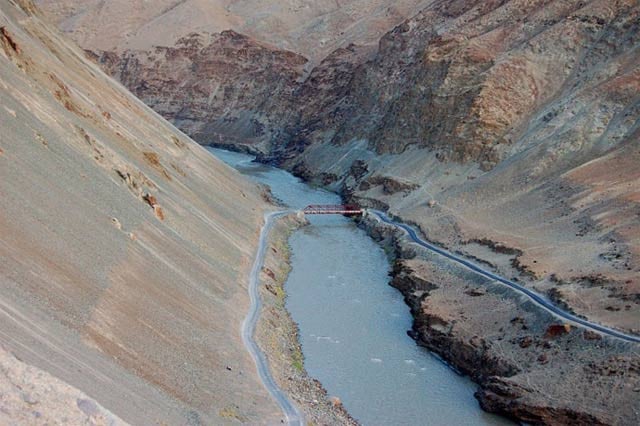
Water has three forms: liquid, solid, and vapour, and it changes its form with temperature. The Earth’s surface possesses about 75% of liquid water and ice. As water constantly moves between the atmosphere, land, and ocean, it impacts climate and ecosystems. Water can absorb heat and exchange it among different parts of the Earth’s system and is essential to all life on Earth. An increase in the human population has led to increased water extraction and use, besides polluting it with effluents, solids, and sewage waste. This has greatly reduced freshwater availability, both for human consumption and ecosystems. In addition, global warming alters water cycles through induced warming of water, changing its form quite frequently. The increased tendency of changing water form also changes the Earth’s system and accelerates water circulation in the atmosphere, which, in turn, contributes to the frequency and severity of droughts and flooding events that Pakistan faces severely every year.
Water cycles through the Earth’s system because of the heat received from the Sun. Water absorbs sunlight, and the increased energy increases the vibrations of the liquid water molecules, converting them into water vapours. Evaporation of water transfers heat from the surface of the land and ocean into the atmosphere. Almost 90% of the water in the atmosphere comes from evaporation, with the other 10% coming from the release of water vapour by plant transpiration.
By absorbing and reradiating heat, water constitutes the most abundant greenhouse gas in the Earth’s atmosphere. Water molecules stay in the atmosphere for only nine days before falling down as rainfall. Other greenhouse gases like carbon dioxide and nitrous oxide stay in the atmosphere for a longer time. Therefore, these greenhouse gases are the primary cause of Earth warming, although they are less abundant than water in the atmosphere. Such warming can lead to more evaporation, which may result in additional warming.
As life on Earth primarily depends on the availability of water in its liquid form for flora and fauna, ways and means shall be figured out to reduce global warming. A sustainable means of reducing global warming is through nature-based solutions like restoration ecology through plantation initiatives such as billion and ten-billion tree plantations, soil conservation, bio-engineering, and other interventions. The Tarbela and Mangla watershed management projects in Khyber-Pakhtunkhwa (K-P) and Azad Jammu & Kashmir (AJK) are living examples of extensive nature-based solutions to increase the time of the stay of water in liquid form, which is the most readily available form for life on Earth.
Apart from water cycling, water quality is also being degraded by dumping untreated effluents, solid waste, and sewage directly into rivers, streams, and canals. Water pollution also hinders the availability of water for life on Earth. Water pollution is an ever-increasing problem in urban centres, causing many diseases in humans and animals and harming the environment. Therefore, the shrinking water resources owe their origin to urban centres, mostly due to urban sprawl.
The way forward to manage water challenges is to develop water-smart policies and strategies aiming to reduce global warming through various adaptation and mitigation techniques employed by advanced countries. Secondly, water pollution caused by dumping untreated and chemically loaded effluents and solid and sewage waste into water bodies must be controlled through practices like anaerobic digestion of organic solid and sewage waste. Similarly, community-based water management must be encouraged to increase water availability in quantitative and qualitative terms.
The writer is a PhD in Natural Resources Management and worked in national and regional environment and climate change agencies
Published in The Express Tribune, September 18th, 2023.
Like Business on Facebook, follow @TribuneBiz on Twitter to stay informed and join in the conversation.


















COMMENTS
Comments are moderated and generally will be posted if they are on-topic and not abusive.
For more information, please see our Comments FAQ